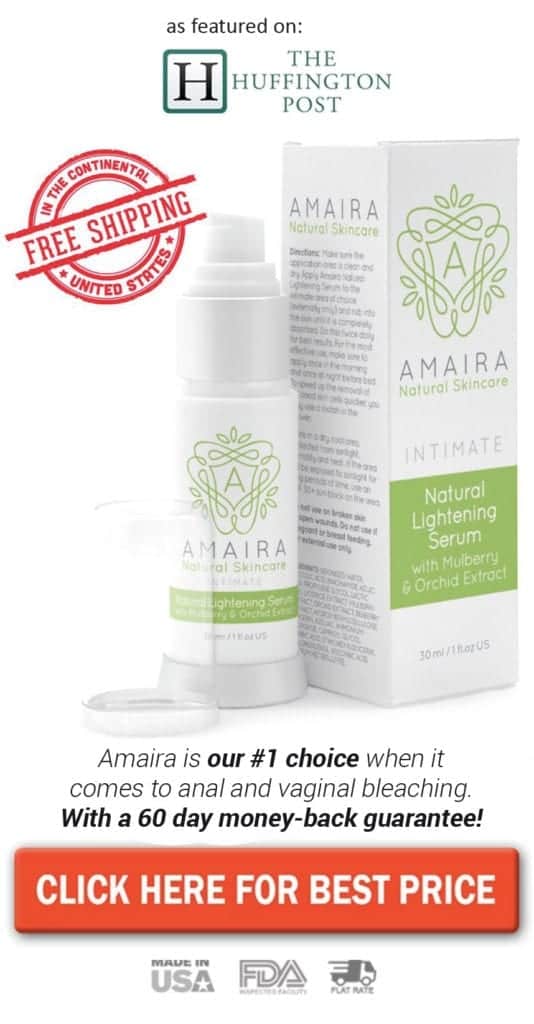The skin bleaching industry continues to grow every year. With the demand growing, there are cheaply made products being produced and sold at low costs to customers. A lot of these products contain a large number of harmful chemicals and ingredients to the skin.
There are creams, pills, soaps and professional treatments that specialize in skin bleaching. Although it’s easier to be infected through DIY products, professional treatments may also contain some wrong turns. Because people understand the market, and might know a thing or two, procedures may still be done wrong due to the need and focus of money.
What is skin bleaching?
Contents
Skin bleaching is the process of lightening your skin through lasers or chemicals and ingredients. The process does not contain any actual bleach because that would be too harmful to the skin.
The body naturally produces melanin cells, and these create hyperpigmentation in the body. This is normal in the armpits, vagina, penis, inner thighs and anus. Melanin cells cannot be killed off but they can be slowed down, to give the skin time to rejuvenate and lighten.
The skin lightening trend has been around for ages. Especially in the Asian areas, where the beauty standard has been pale skin for several years. People found ways, natural or not, to lighten their skin and gain confidence in themselves.
What causes hyperpigmentation?
There are a few natural causes of hyperpigmentation. They can also be affected by our day-to-day ways of living that are unavoidable. Some main causes are:
- Sunburn
- Hormonal changes
- Skin inflammation
- Medical conditions
- Melasma
How to skin bleach?
To lighten skin, you can either use skin bleaching products or professional skin lightening procedures.
Skin lightening products include:
- Vitamin c
- Vitamin d
- Hydroquinone
- Azelaic Acid
- Lemon skin, and more
Although there are several skin bleaching products on the market, we highly recommend using:
Professional lightening treatments contain:
- Laser therapy
- Chemical Peels
- Microdermabrasion
It is important to do research on specialists or receive recommendations from your trusted doctor to go through with the treatment.
Signs of skin bleach damage
- Dryness, flakiness
- Skin peeling
- Redness
- Inflammatory
- Acne spots
- Discoloration
How to treat skin bleach damage?
Aloe Vera
Aloe is known to treat burns and skin damage. Its natural components promote skin rejuvenation as well as skin health. It is also known to naturally lighten hyperpigmentation.
Green Tea
Green tea has been said to have anti-inflammatory and antioxidant properties. The tea works within the body and pushes everything out that’s not supposed to be inside the body as well as the skin.
Products with antioxidants
Antioxidants help to protect the skin’s surface from damage. A large number of quality skincare products contain antioxidants to keep the skin healthy. If the skin is damaged, even by pollution, the antioxidants elements helps to rejuvenate the skin and promote health.
skin bleach thoughts
Multiple products contain false ingredients and could potentially cause long-term skin damage and infections in the skin. It is also important to have a skin bleach prepping routine as well as an aftercare routine to protect the skin. Do your research on DIY products, or use our highly recommended product – Amaira Natural Lightening Serum.

